8 Effects of Negative Peer Pressure on Kids & How to Handle it
Have you noticed a sudden change in your child’s behavior? Is your child reluctant to go to school? Is your usually outgoing child suddenly withdrawing? These could be the subtle effects of negative peer pressure on kids from their friends, social media, or society. Keep reading for 8 effects of negative peer pressure and tips on how to handle it as a parent.

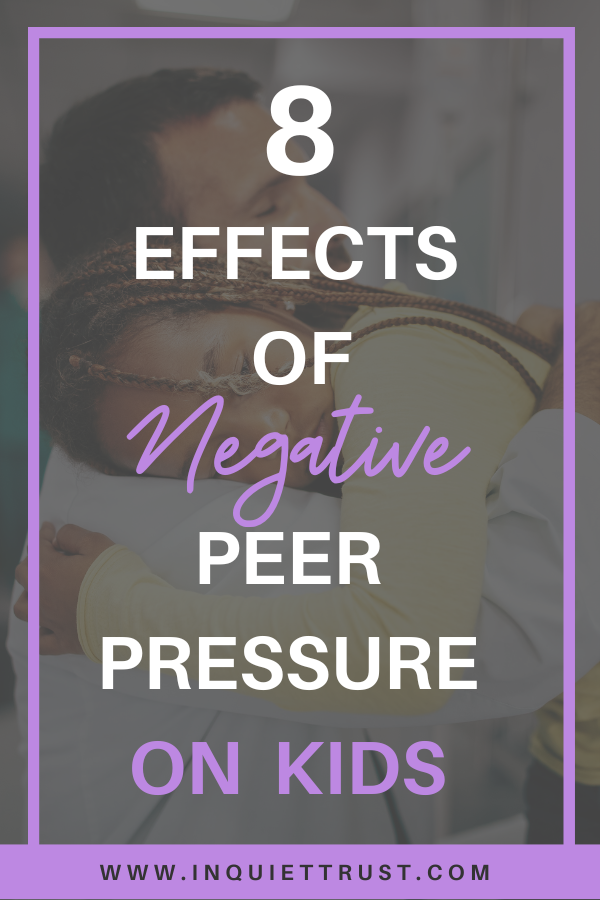
Every child has experienced and will experience peer pressure either as a young kid or a teenager. You must learn how to identify warning signs and handle the effects. Unfortunately, it is easier for children to adopt bad habits than good ones because of society and man’s default nature, making godly parenting more difficult. They ask why they have to be different, can’t act out on impulses, etc.
What is peer pressure?
Peer pressure is a deep urge to do something you may not necessarily want to do to fit in or feel valued. It may or may not be due to external push, and many factors can cause it.
When we hear ‘peer pressure,’ we mostly think of the negative part, and rightly so, because most effects of peer pressure on kids (and even adults) are negative. We can’t eliminate peer pressure from kids because, to a large extent, it is also part of their developmental process, but we can help them navigate these influences and channel them in the right direction.
Types of peer pressure
There are several types of peer pressure:
- Direct: When a child is being directly asked to do something they would not normally do.
- Indirect: This type is when there is no confrontation, but due to what a kid feels they need to do to fit in. It could be a trend or lifestyle that is majorly preferred.
- Negative: This type is when a child is influenced to do something morally wrong and against their personality.
- Positive: This type is when a child is influenced to do something positive, such as quitting a dangerous attitude or changing their bad character.
- Spoken: This type of pressure can be seen as the same or a form of direct peer pressure. This is when there is a vocal suggestion, persuasion, or force to do something.
- Unspoken: Opposite of spoken peer pressure. It is a non-vocal way of influencing someone, leaving the kid feeling like they have a choice and making it less easy to resist.
Peer pressure is common among kids. Before your child becomes negatively influenced, they try to reconcile the pressure with their training (what you’ve taught them, their personality, and their definition of what’s right or wrong). Now, this phase is when the warning signs reflect.
- RELATED POSTS:
- I am Brave Teen Devotional! – In Quiet Trust
- Resilient Child Discipleship Book Review – In Quiet Trust
Warning signs of negative peer pressure
Most kids who have a hard time or are pressured by their peers hardly talk about it. You must be observant and vigilant to detect if your kid is struggling with a peer-peer relationship. Doing this can also help you prevent them from being entirely negatively influenced and help them to talk about what they are experiencing.
Doing this can help them prevent it and save them part of their loving childhood.
Warning signs of negative peer pressure include:
- Avoiding school
- Overly self-conscious
- Behavioral changes
- Mood swings
- Altering their image
- Constantly comparing themselves
These might not be all the warning signs associated with peer pressure, and it could also be that your child might be able to conceal the fact that they are going through a rough patch. The golden tip here is to observe your child and take note of the changes in their behavior. It will be best as a parent to investigate and get to the root cause of those changes in your children.
It could be nothing, while at the same time, it could be something.
Effects of Negative Peer Pressure on Kids
The main effect of negative peer pressure on kids is that it changes their behavior and causes issues with confidence. You want your child to grow up feeling good about themselves and not be easily influenced by public opinion.
Inability to make personal decisions
This effect is a long-term effect of negative peer pressure. It leaves the child second-guessing personal decisions and thinking they aren’t good enough, mainly because they’ve gotten used to external influence.
No self-discovery
Succumbing to negative peer pressure, especially at an early age, does not give kids an opportunity to find out what they want to stand for, what they like, and don’t.
Anxiety
It makes your child anxious, scared, and skittish. They don’t want social gatherings involving their peers, prefer staying indoors, and would rather avoid any form of meetings.
Depression
Yes, your kid can get depressed from having to change who they are and do things against their training and personality. Some kids even get depressed from what they are forced to do.
Low school performance
Academic performances also suffer because they lose focus in school and get easily distracted. School becomes more of a hell than a learning center.
Loss of appetite
You can see a lack of desire to engage in daily activities in your child. This is because they have to carry around a heavy heart. Loss of appetite could be a warning sign.
Isolation
The real reason why even outgoing kids lock themselves indoors is because of the need to hide their faces, be alone with their thoughts, and find a way out.
Self-esteem issues
If you see a kid going through negative peer pressure, there is an increased chance of having confidence issues. Trying to think well of themselves, believing in themselves, and their decisions could be difficult because their confidence in themselves has been tampered with.
How to handle negative peer pressure on kids
The truth is that children will either be the influencers or the influenced. Handling negative peer pressure on your kids involves helping them navigate relationships with their peers while understanding who they are and what is right and wrong.
Communicate
This is an important step for every parent, even if your kid does not go through peer pressure. You have to open all communication channels if you suspect your kid is going through this, as it can encourage your child to open up to you about their issues.
Do not wait for your child to be comfortable talking about it because it might not always happen that way; constantly check-up, indirectly remind them that they can trust you, and you will always be on their side.
Educate
You must educate your children on building the right friendships, maintaining boundaries, and maneuvering or escaping difficult situations. They should also be able to identify when their line is being crossed.
Teach them how to be confident in their own skin and be happy being unique; this strategy boosts their self-confidence a whole lot more.
Help them to be assertive
Being assertive means that they know how to say ‘No’ and stand firm by it. As a parent, you have to teach your child to communicate their opinions and mindset clearly and directly to others without being disrespectful.
It could be by painting scenarios and teaching them how to respond or basically exposing them to educational materials that can increase their knowledge.
Befriend their friends
Befriending their friends helps you to be able to trace where these negative peer pressures are coming from. If you know your kids’ friends, a few questions will help you identify the root cause of your kids’ changes.
If possible, try to know the parents, organize lunch dates, attend school meetings, and encourage your kids to have their friends over for dinner or a sleepover.
Plan ahead
This step still falls under education. Teach your child to identify if they are being influenced negatively and what to do when faced with peer pressure.
Even if there isn’t any pressure, teach them what to do when the need arises, who to call, and what to say.
Take measures
Have you gone to a school and seen a mother threatening to take the school down?
I bet you have.
Now, I’m not saying you should do that, but when necessary, report issues to the perpetrator’s parents and appropriate authorities, especially if the activity involved is illegal.
It isn’t too drastic if you need to withdraw your kid from a particular school. It all depends on how much exposure your child has had to these pressures.
Talk to a counselor
When necessary, please don’t avoid seeking professional help because the future of your kid is at stake.
Seeking professional help doesn’t mean that you have failed as a mother; it only means you need the necessary support to not fail as a parent.
Now, the ways above shouldn’t be reserved for when you see the warning signs, and you should constantly engage in some or all of these activities to keep track of the happenings in your child’s life.
Let’s Recap
Children are God’s gift to us, and we must take care of them, even when they can care for themselves. It is our God-given assignment, and He has provided all we need. Trusting God as we train our children and surrender them to God is important, as Hannah did.
You know how it goes, right? When the going gets tough, make sure to run to God.
Are there specific ways you check for negative peer pressure in your child? What is your telltale sign? Let me know in the comments below.
READ ALSO: How to resolve conflicts between siblings in a healthy way
If you’ve made it this far, I want to thank you for sticking around and reading this post. Leave a comment below to let me know you stopped by. Please be sure to like, pin, and share this post as well! Your support means everything! If you’ve enjoyed this post and want to see more like it, or receive a short weekly devotional, be sure to subscribe to my newsletter below!
[mailerlite_form form_id=1]
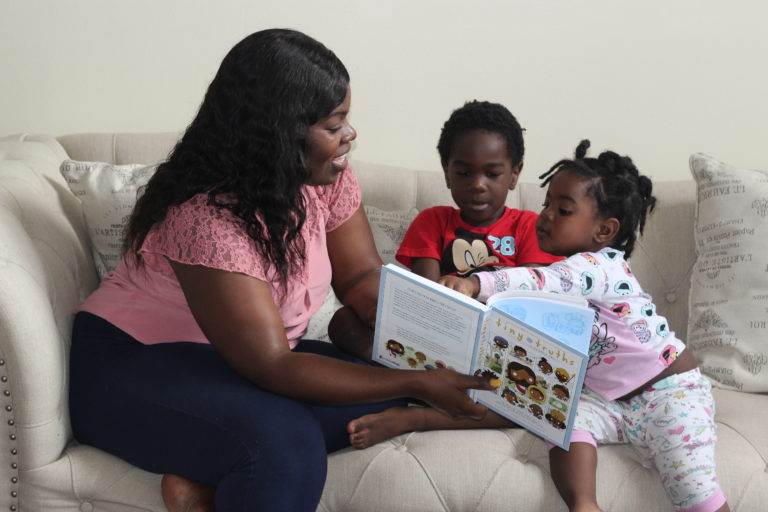
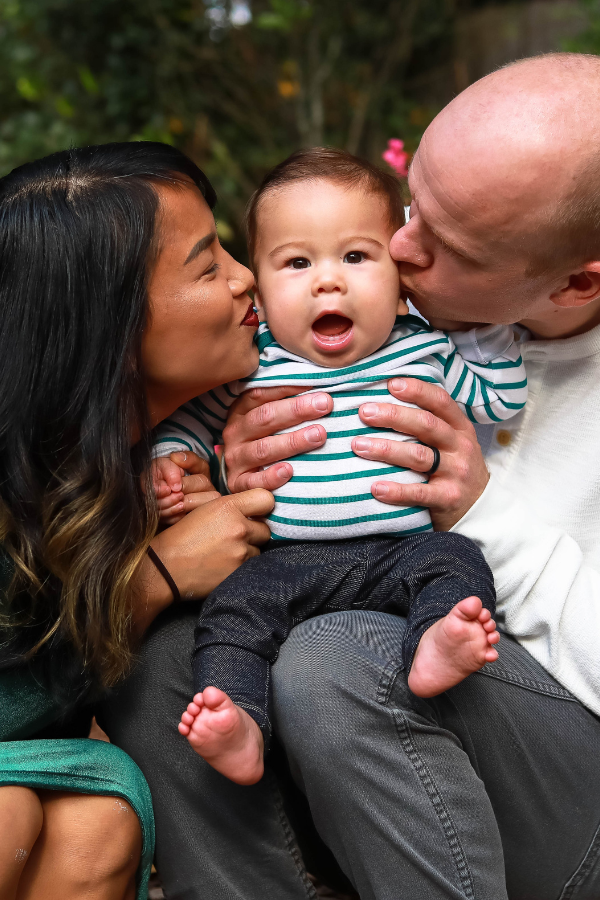
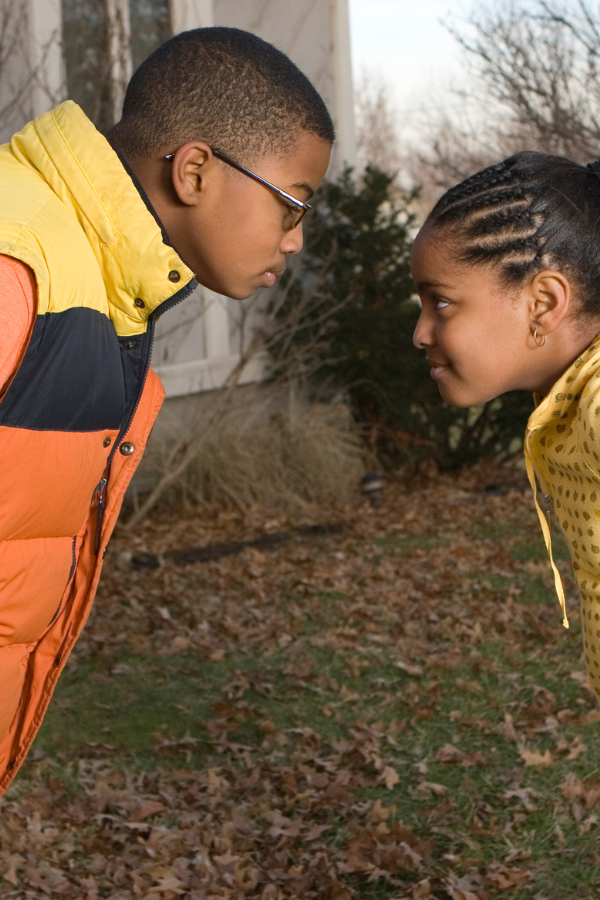
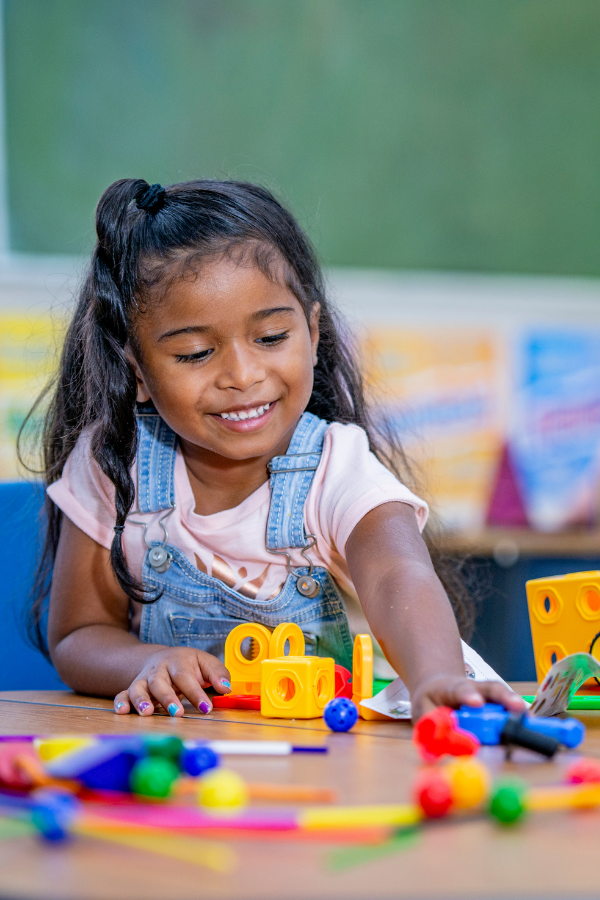

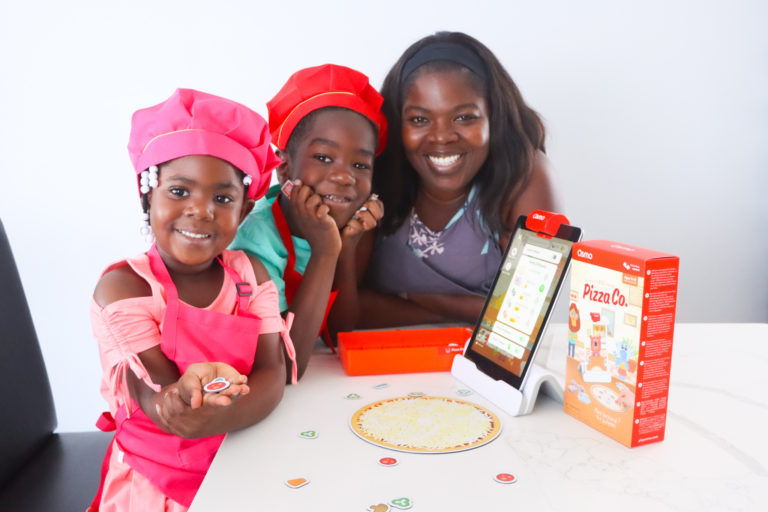
4 Comments